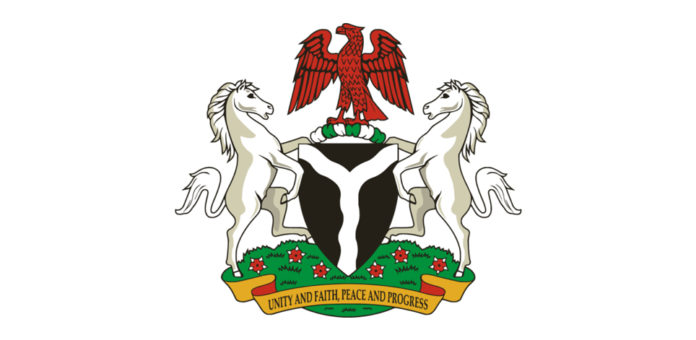In a landmark decision to fundamentally reshape the Federal Civil Service, the Federal Government has approved three transformative policies: the Rewards and Recognition Policy, the Incentive and Consequence Management Policy, and the Civil Service Mentoring Policy to boost productivity and enhance service delivery.
The strategic approval was granted during the Federal Executive Council (FEC) meeting presided over by His Excellency, President Bola Ahmed Tinubu, GCFR. This landmark development heralds a new era of performance-driven governance, strategic talent development, and enhanced accountability, designed to work in synergy to motivate staff, instill a culture of excellence, and significantly improve service delivery to the Nigerian people.
The Head of the Civil Service of the Federation (HCSF), Mrs Didi Esther Walson-Jack, OON, mni, affirmed that these policies are pivotal to Staff Welfare and Enhanced Value Proposition of Civil Servants — one of the six pillars of the Federal Civil Service Strategy and Implementation Plan 2021–2025 (FCSSIP25) — and are in line with the 2021 Public Service Rules (060101–060111).
While commending Mr President for his unwavering commitment to transforming the Civil Service and bolstering a workplace culture that is Efficient, Productive, Incorruptible, and Citizen-Centric (EPIC), the Head of Service stated that the approval is a definitive demonstration of the government’s commitment to valuing public servants, rewarding excellence, and systematically cultivating the next generation of leaders.
The policy on Rewards and Recognition System establishes a comprehensive and robust framework aimed at boosting productivity by attracting, nurturing, developing, and retaining the best talent in the service. It is strategically designed to promote a culture of excellence, innovation, and continuous improvement, thereby elevating overall institutional performance.
The Incentive and Consequence Management Policy establishes a clear, transparent, and equitable system in which high performance is duly rewarded, while underperformance is addressed through structured consequences. The policy is designed to promote fairness and accountability at all levels, while also providing pathways for support and development for those requiring improvement.
While the Civil Service Mentoring Policy is a strategic investment in the future leadership of the Civil Service, this policy aims to bridge critical experience gaps and facilitate the systematic transfer of institutional knowledge. It will equip the next generation with the requisite skills, values, and ethical grounding for strategic leadership, while preserving invaluable institutional memory against the tide of retirements, thereby ensuring continuity and sustained excellence.
The HCSF reiterated that the approval for the implementation of the policies by Mr President is not merely an administrative milestone; it is the bedrock upon which a modern, agile, and empowered Civil Service will be built. She assured Civil Servants that their dedication will be recognized, excellence rewarded, and growth invested in.
Mrs Walson-Jack stressed that her Office is unequivocally committed to forging a World-Class Service that is equipped to meet the aspirations of the Nigerian people and drive the nation’s progress.
Signed
Mrs. Eno Olotu, FCAI, mnipr
Director, Information and Public Relations
9th November, 2025






